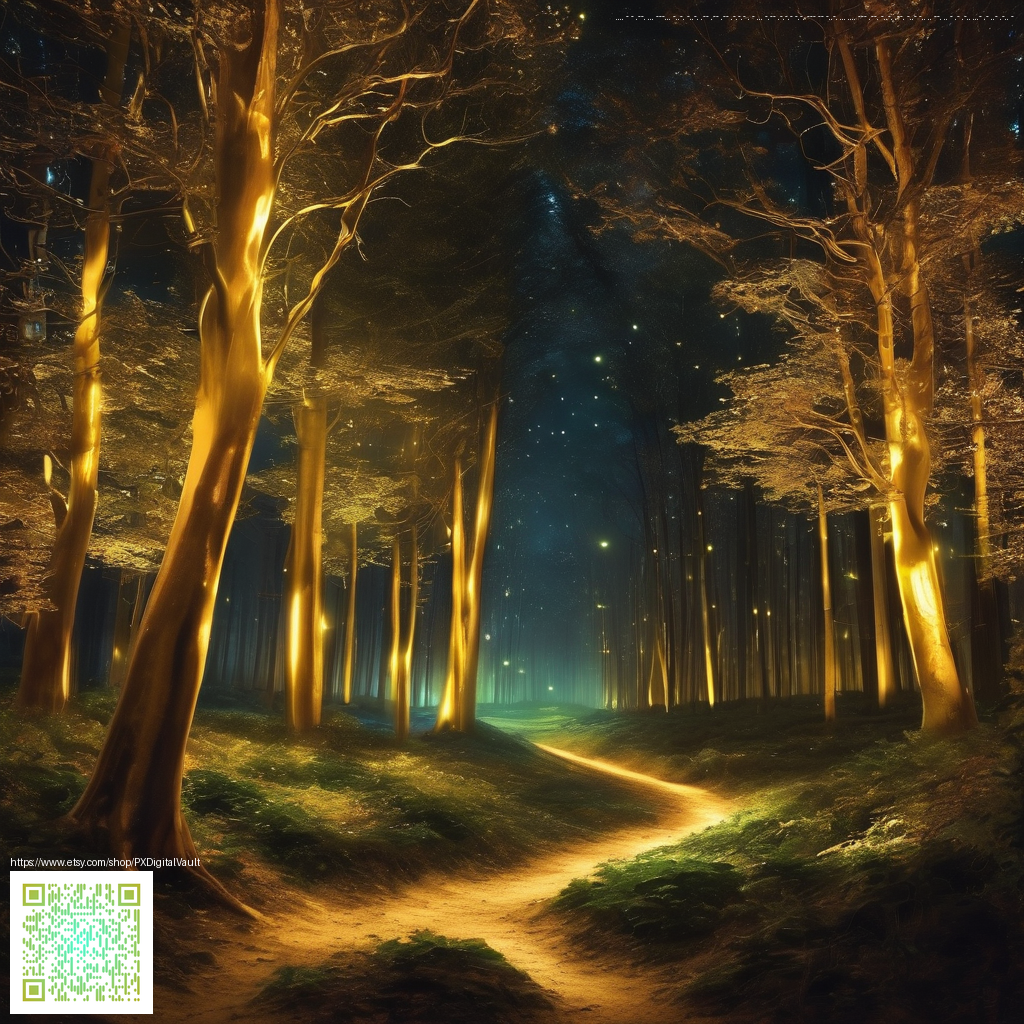Why Indie PC Games Are Rewriting the Rules
The indie PC game scene has grown from a boutique curiosity into a driving force behind innovation in interactive storytelling, systems design, and atmospheric worldbuilding. What sets indie titles apart isn’t just their smaller budgets—it's the fearless willingness to experiment with mechanics, narrative structure, and player agency. If you’re looking for experiences that surprise you, challenge you, and stay with you long after you quit the game, indie developers are delivering at a remarkable pace.
What makes a great indie game stand out goes beyond polished visuals. It’s often the focal idea—a novel mechanic, a daring art direction, or a narrative approach that refuses to follow the conventional path. The most memorable discoveries tend to reward curiosity and experimentation, rewarding players who lean into the mystery rather than sprinting toward a familiar checklist of achievements.
“Indie games remind us that clever ideas beat big budgets, every time.”
– A game developer and long-time player
Current favorites to add to your library
Across genres, several indie PC gems have earned a place on many players’ must-play lists. Here are a few that exemplify the best of the format today:
- Hollow Knight: A meticulously crafted metroidvania that blends tight platforming with a melancholic interconnected world. Its boss design challenges your timing and patience, while its world invites exploration without overwhelming you with handholding.
- Celeste: Precision platforming wrapped in a heartfelt story. The level design rewards mastery, but the chapters unfold with empathy and personal growth that resonate beyond the screen.
- Disco Elysium: A role-playing experiment in dialogue and choice. There are no combat bars—your words, beliefs, and deductions shape who you become in a city that seems to echo your own doubts.
- Outer Wilds: A time-loop exploration puzzle that rewards curiosity, careful observation, and patient experimentation as you piece together a grand, cosmic mystery.
- Slay the Spire: A deck-building roguelike that scales with your strategic thinking. Each run feels fresh, offering new synergies and dramatic decisions at every turn.
- Return of the Obra Dinn: A detective mystery told through a striking monochrome aesthetic. Logic, deduction, and careful note-taking lead to a deeply satisfying sense of discovery.
- Hades: A roguelike with a sharp, witty script and a combat loop that continually hooks you for one more run. It’s a masterclass in blending narrative momentum with tight, responsive action.
For players who want a wider horizon, indie creators continue to push genres forward—experimenting with emergent storytelling, non-linear progression, and art styles that feel distinctly original. The result is a library that often rewards multiple playthroughs, not just because of difficulty, but because each run reveals a new facet of the game’s world or its characters.
When you’re diving into these worlds, it helps to have a comfortable, reliable setup that keeps up with rapid decisions and intense moments. A small, thoughtful upgrade to your desk gear can make a noticeable difference. For example, a high-quality mouse pad with dependable grip and surface consistency can reduce fatigue during long sessions and improve precision in tight timing windows. A practical choice to consider is the Custom Rectangular Mouse Pad 9.3x7.8 in Non-Slip, designed to stay put during frenetic play and to offer smooth, predictable cursor movement. It’s the kind of accessory that disappears into your setup while quietly supporting every crucial moment in a game.
Beyond gear, cultivating a curated indie library means balancing accessibility with challenge. Start with titles that match how you like to play—whether you crave narrative depth, meticulous puzzle design, or fast, reflex-driven action. Don’t be afraid to dip into lesser-known indies as well; some of the most memorable experiences come from creators who are still refining their voice and trying bold new ideas.
As you explore, you’ll notice independence isn’t just about smaller teams; it’s about trusting a designer’s vision and embracing experiments that might deviate from the mainstream. The payoff is a gaming landscape that feels less like a single shared experience and more like a diverse anthology—each title offering a different lens on what games can be capable of achieving with limited resources but boundless imagination.
